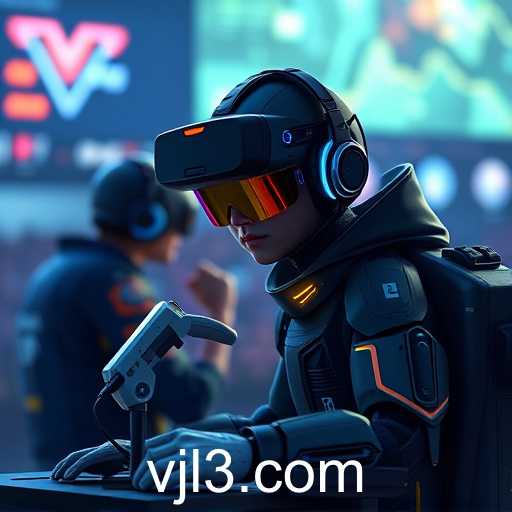In recent years, the realm of online gaming has seen a seismic shift, driven by advances in technology and the evolution of gaming communities. As of 2025, platforms like 'jl3' have become pivotal in bringing together gamers from different corners of the globe, offering them a shared space to connect, compete, and collaborate.
The gaming industry, fueled by ever-improving technology, has expanded beyond traditional console and PC setups, embracing mobile and cloud gaming. This has facilitated a broader reach and easier access, drawing in new demographics and diversifying the gamer population. Online communities have become more inclusive, with games designed to cater to a variety of tastes and preferences, from casual gaming to hyper-competitive esports.
Experts have noted a significant trend towards community-driven content creation. Platforms have increasingly empowered users to design their own gaming experiences through user-generated content and modding. This trend not only enhances user engagement but also fosters creativity and innovation within gaming ecosystems.
Moreover, gaming communities have become vibrant social hubs, where players are not just gamers but active participants in a broader cultural milieu. From virtual concerts and art exhibitions to forums and support groups, these platforms offer much more than just gaming. They are replete with dynamic interactions that reflect broader cultural dynamics, including debates over important societal issues like digital privacy, inclusivity, and the impact of AI on jobs.
Reports highlight that 2025 marks a year of significant developments in AI-driven gaming experiences. AI is increasingly being integrated to enhance gameplay, provide new scenarios, and personalize gaming experiences to an individual's preferences and skills. This integration is not without challenges, as it stirs conversations about the balance between AI and human players in maintaining fair and engaging gameplay.
Despite these advancements, the gaming world continues to grapple with challenges such as toxicity and cyberbullying within online communities. However, many platforms, including 'jl3', are adopting more robust moderation policies and AI moderators to create safer online spaces.
As we look forward, the future of gaming communities seems promising with the potential for further technological integration, augmented reality, and VR experiences that blur the line between the virtual and the real. With these advances, gaming is more than a pastime; it's a tool for connection and interaction on a global scale.








